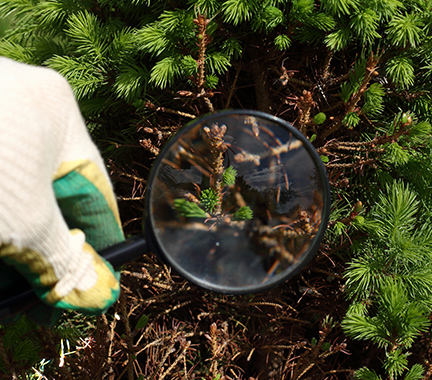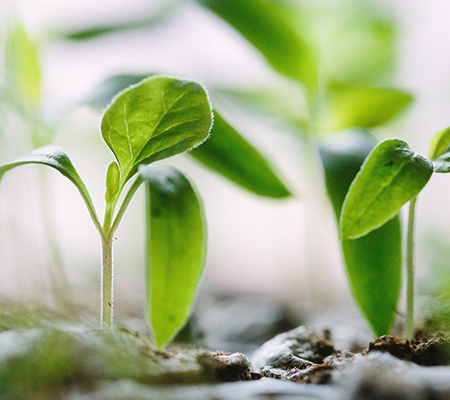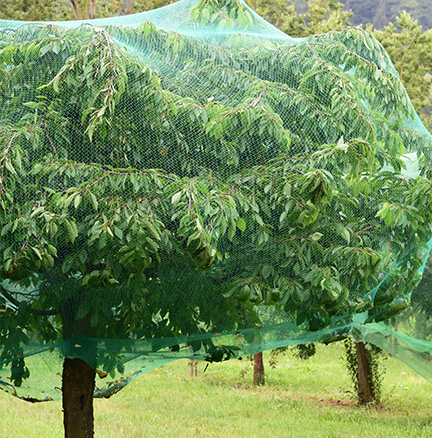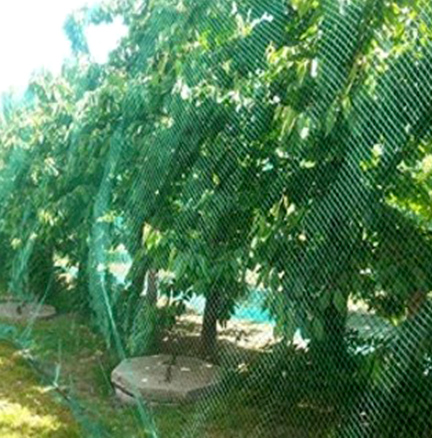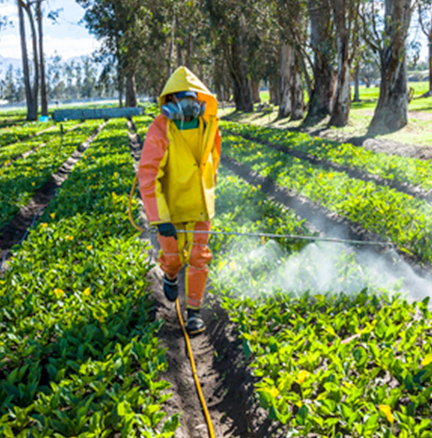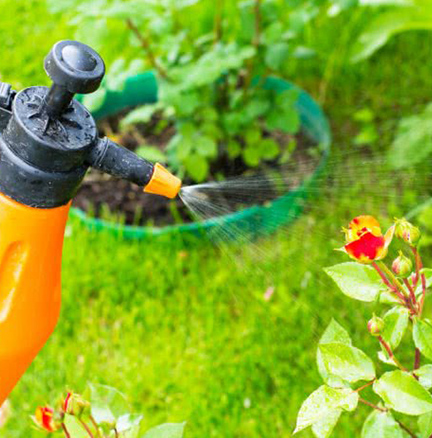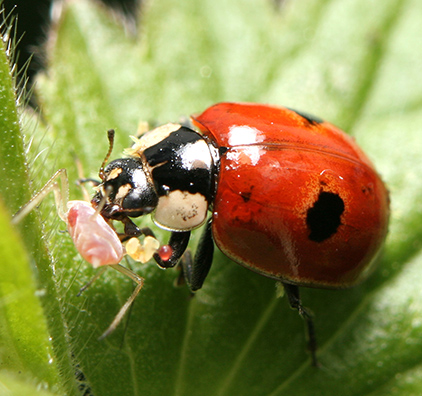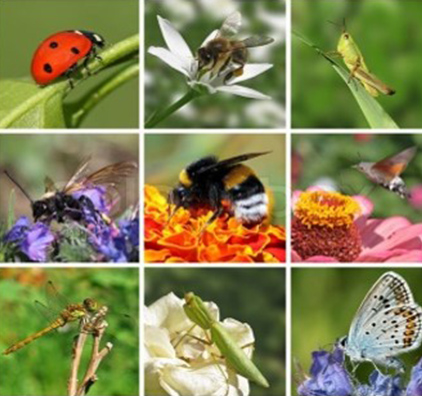Agricultural Pest Control
Agricultural pests constitute a vital factor in influencing agricultural production. In line with the policy of non - recourse to the use of pesticides, except in absolutely necessary circumstances, within strict limits and at the appropriate time, it has been decided that the ideal system to be applied is integrated pest management to ensure effective control of pests, while maintaining the ecological balance as well as human and animal health.


